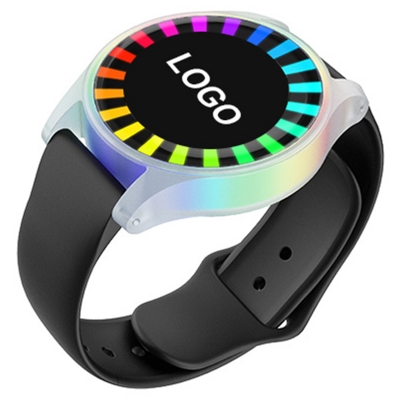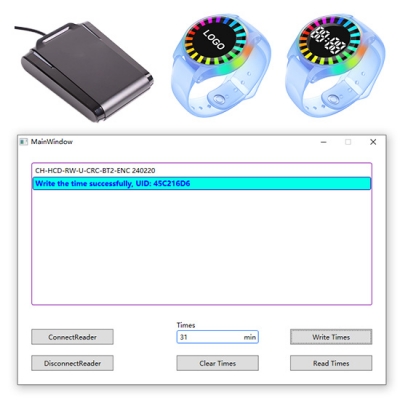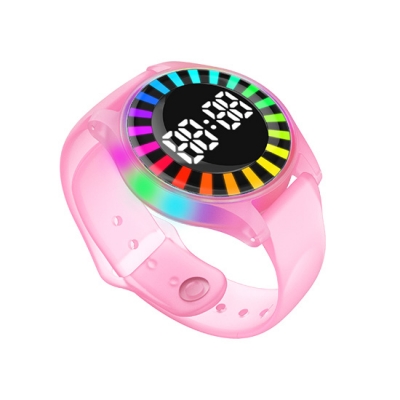How is RFID technology used in the restaurant industry?
◆Inventory Management Made Easy
RFID technology has become an invaluable tool for managing food and beverage inventory. By attaching RFID tags to ingredients, supplies, and products, restaurants can track their movement throughout the establishment in real-time. This enables better inventory control, minimizing stockouts, optimizing ordering and replenishment processes, and reducing waste.
◆Ensuring Food Safety and Traceability
Food safety and quality are paramount concerns for restaurant owners and managers. RFID technology provides a significant advantage in monitoring and tracing food items. RFID tags store vital information such as expiration dates, batch numbers, and origin details, ensuring compliance with regulations and enabling prompt action in the event of a recall or food safety issue. This capability is a game-changer for anyone working in the food industry.
◆Seamless Table Tracking and Order Management
Imagine a restaurant where personalized service is the norm. NFC Menu Stand or RFID cards facilitate seamless tracking of customer orders and preferences. These RFID tags communicate with the restaurant's POS system, allowing staff to identify table locations, track orders, and provide exceptional service. By creating a delightful customer experience, restaurants can increase customer loyalty and generate positive word-of-mouth recommendations.
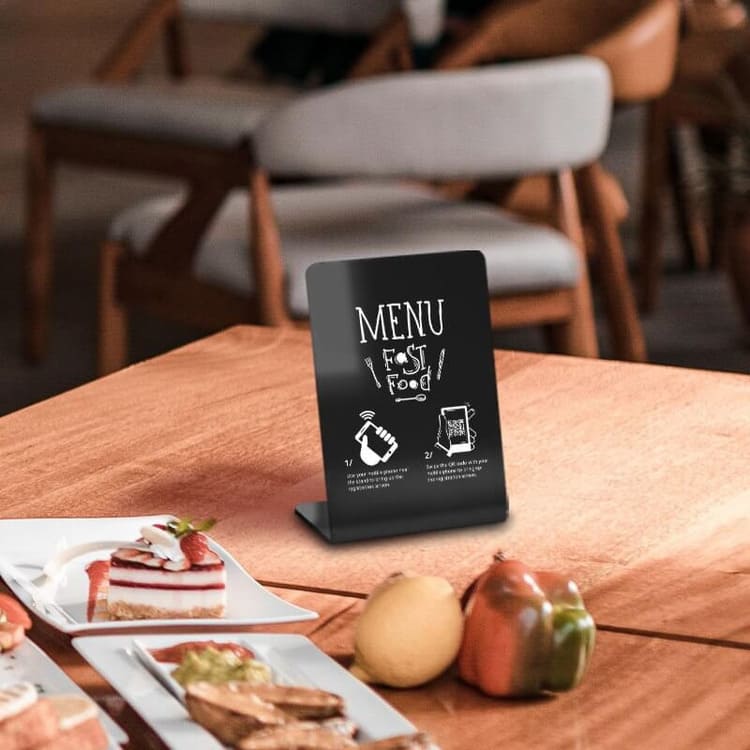
◆Contactless Payments and Loyalty Programs
RFID payment cards or RFID Bracelets enable customers to make contactless payments at the restaurant. Additionally, RFID technology seamlessly integrates with loyalty programs, automatically identifying loyal customers and enabling hassle-free rewards or discounts. Restaurants with their own loyalty programs can gain a significant advantage by simplifying processes and providing a comfortable experience for their customers.

◆Efficient Equipment Tracking and Maintenance
RFID tags can be attached to kitchen equipment, utensils, and appliances to track their usage and maintenance schedules. This helps managers optimize equipment maintenance, reduce downtime, and ensure compliance with health and safety standards.
◆Effective Waste Management and Recycling
RFID technology plays a vital role in tracking and managing waste within a restaurant. By monitoring waste flow and implementing RFID-enabled recycling bins, restaurants can improve waste management practices, increase recycling rates, and minimize the environmental impact. Demonstrating a commitment to environmental responsibility by limiting waste is a strong draw for customers, particularly among the younger generation who value businesses that prioritize sustainable practices.
◆Enhanced Supply Chain Visibility
RFID technology provides real-time visibility across the entire supply chain, from ingredient sourcing to delivery. By tagging goods and pallets with RFID asset tracking labels, restaurants can track the movement of goods, monitor delivery schedules, and ensure timely replenishment. This alleviates the pressures faced by managers and staff in delivering the best possible experience to their customers.
◆Efficient Queue Management and Unforgettable Experiences
Using RFID wristbands or RFID cards allows restaurants to streamline queue management, expedite entry, and enhance customer experiences during events, buffets, or special promotions.
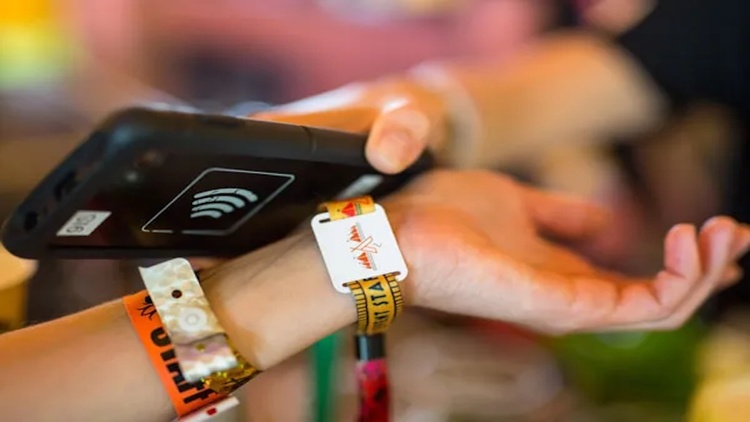
Embracing RFID technology enables the restaurant industry to optimize operations, enhance food safety measures, and provide personalized service to customers. By leveraging the power of RFID, restaurants can create a dining experience that is both efficient and unforgettable, setting themselves apart in an increasingly competitive market.










